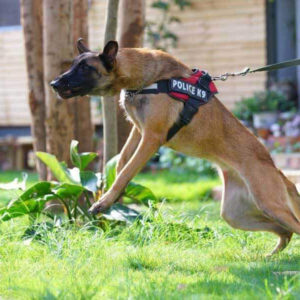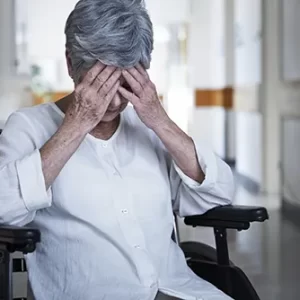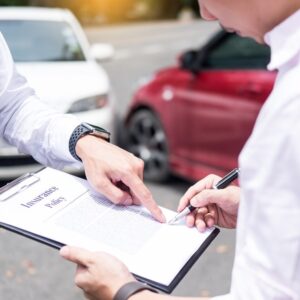Ever worried about taking a tumble on someone else’s property? A simple slip and fall can lead to serious injuries and a stack of medical bills. But who’s responsible when that happens? Understanding property owner liability is key.
Understanding Property Owner Liability in Slip and Fall Accidents
Property owners have a responsibility to keep their premises reasonably safe for visitors. This means addressing potential dangers that could cause someone to slip, trip, or fall. The specifics of this duty depend on state law and the relationship between the property owner and the injured person.
What Constitutes a Slip and Fall Accident on Someone Else’s Property?
A slip and fall accident is any incident where someone falls and is injured due to a hazardous condition on another person’s property. Imagine ice on a store’s entrance during winter, a spilled drink in a restaurant, or a hidden hole in a lawn. These situations can all lead to falls and potential injuries.
Property Owners’ Duty of Care: Maintaining a Safe Environment
Property owners aren’t expected to eliminate all risks, but they must take reasonable steps to prevent foreseeable accidents. This includes:
- Regular Inspections: Checking for hazards like cracks, spills, or uneven surfaces.
- Prompt Repairs: Fixing any identified issues quickly.
- Adequate Warnings: Clearly marking hazards that can’t be immediately fixed (like a “Wet Floor” sign).
Some businesses go further. For example, a grocery store might have a schedule for hourly floor checks, while a construction site might implement a daily hazard assessment. These proactive measures demonstrate a commitment to safety and reduce liability.
Establishing Negligence in Slip and Fall Cases: Proving Fault
To win a slip and fall case, you typically need to prove the property owner was negligent. This means showing that they:
- Knew about the hazard (or should have known).
- Failed to take reasonable steps to fix it or warn visitors.
- The hazard directly caused your injury.
Who is Responsible? Determining Liability After a Slip and Fall
Liability depends on several factors:
- Type of Property: Commercial properties (stores, restaurants) generally have a higher duty of care than residential properties. Landlords, for instance, may only be liable for common areas in an apartment complex, not individual units.
- Status of the Injured Person: Was the person a customer, a social guest, or a trespasser? The duty of care owed varies accordingly.
- State Laws: Each state has its own specific laws governing premises liability. Some states follow comparative negligence rules, where your compensation is reduced if you were partially at fault for the fall.
Insurance Coverage and Slip and Fall Claims: Understanding the Process
Property owners often have insurance policies that cover slip and fall accidents. For commercial properties, this is usually general liability insurance. Homeowners insurance covers residential properties. When a slip and fall occurs, the injured person typically files a claim with the property owner’s insurance company. The insurance company will investigate the claim and determine if the property owner was negligent.
Seeking Compensation for Slip and Fall Injuries: Your Legal Options
If you’ve been injured in a slip and fall accident due to a property owner’s negligence, you may be entitled to compensation for:
- Medical expenses (past and future)
- Lost wages
- Pain and suffering
If the insurance company denies your claim or offers an insufficient settlement, consulting with a personal injury attorney is a smart move. They can evaluate your case, negotiate with the insurance company, and, if necessary, file a lawsuit to protect your rights. While safety measures cost money, they pale in comparison to the potential cost of a lawsuit and reputational damage. Protecting yourself and your visitors is always the best policy.





Thanks , I have recently been searching for info about this subject for ages and yours is the best I’ve discovered so far. But, what about the bottom line? Are you sure about the source?